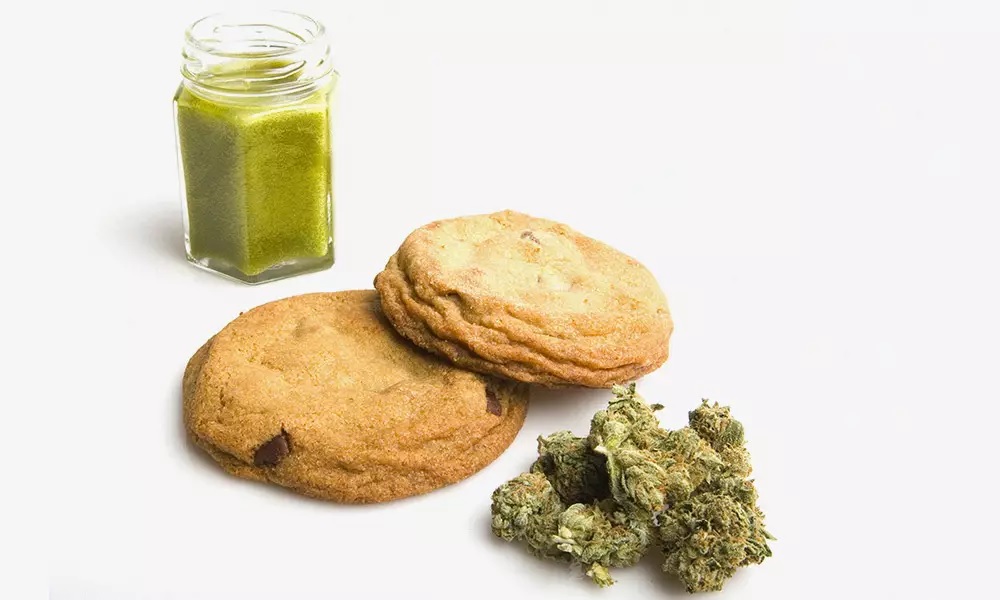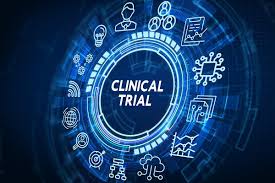In recent years, edibles have gained popularity as a method of cannabis consumption for both recreational and medical purposes. When it comes to medical cannabis, edibles offer a convenient and discreet way to experience the therapeutic benefits of cannabinoids. This article will explore the potential therapeutic benefits of edibles and discuss various ways they can be consumed. Many edibles are available for purchase on reputable websites. To explore offers and benefits related to edibles, you can visit a site like https://refermate.com/stores/galaxy-treats/referral-program.
Understanding Edibles for Medical Purposes
Edibles are cannabis-infused products that are consumed orally, providing an alternative method of cannabinoid delivery compared to smoking or vaping. They come in various forms, such as gummies, chocolates, baked goods, and beverages, offering a wide range of options for patients seeking medical relief. When ingested, the cannabinoids present in edibles are metabolized in the liver and converted into a different compound, 11-hydroxy-THC, which produces unique effects.
The Potential Therapeutic Benefits of Edibles
Edibles offer several potential therapeutic benefits for medical cannabis patients. Here are some of the key advantages:
- Long-Lasting Effects: One of the notable benefits of edibles is their long-lasting effects. When cannabinoids are consumed orally, they are metabolized and absorbed more slowly by the body, resulting in a prolonged duration of therapeutic effects. This makes edibles particularly beneficial for patients seeking sustained relief from chronic conditions.
- Ease of Consumption: For patients who prefer not to smoke or vape, edibles provide a smoke-free and discreet option. They can be consumed without drawing attention, allowing patients to discreetly manage their symptoms wherever they are.
- Precise Dosing: Edibles often come with clear dosage information, making it easier for patients to control and adjust their intake. This precision in dosing allows for a more consistent and personalized approach to finding the right therapeutic balance.
- Potency Options: Edibles are available in various potency options, allowing patients to choose products that align with their specific needs and tolerance levels. Different strengths of edibles can cater to both beginners and experienced cannabis users, ensuring a customized experience.
- Targeted Symptom Relief: Edibles can be formulated with specific cannabinoid profiles to target different symptoms or conditions. For example, CBD-rich edibles may be beneficial for managing pain and inflammation, while THC-dominant edibles could help with nausea, appetite stimulation, and muscle spasms. The variety of edibles available allows patients to find options that best address their specific medical needs.
Various Ways to Consume Edibles
Edibles offer versatile consumption options, catering to different preferences and needs. Here are some common methods of consuming edibles:
- Oral Ingestion: The most common method is orally consuming edibles. These products are ingested, and the cannabinoids are absorbed through the gastrointestinal tract. The effects typically take longer to onset, ranging from 30 minutes to two hours, depending on individual metabolism.
- Sublingual Administration: Some edibles, such as tinctures or lozenges, can be dissolved or held under the tongue for faster absorption into the bloodstream. Sublingual administration allows for quicker onset of effects, usually within 15-30 minutes.
- Topical Application: While not traditionally considered an edible, topical products infused with cannabinoids can be applied to the skin for localized relief. They are often used for managing pain, inflammation, and skin conditions.
- Culinary Infusions: Edibles can be incorporated into cooking and baking, allowing patients to create their own cannabinoid-infused meals and treats. This method offers flexibility in dosing and provides an enjoyable way to consume edibles while also enjoying the flavors of the food.
- Beverages: Cannabis-infused beverages, such as teas, coffees, and sodas, are becoming increasingly popular. These allow patients to enjoy their preferred beverages while also benefiting from the therapeutic effects of cannabinoids.
Conclusion
Edibles provide a convenient and discreet method for medical cannabis patients to experience the therapeutic benefits of cannabinoids. With their long-lasting effects, ease of consumption, precise dosing, and targeted symptom relief, edibles offer a versatile option for managing various medical conditions. Whether consumed orally, sublingually, or topically, edibles provide patients with an alternative and effective way to incorporate cannabis into their treatment regimen, enhancing their quality of life and well-being.










